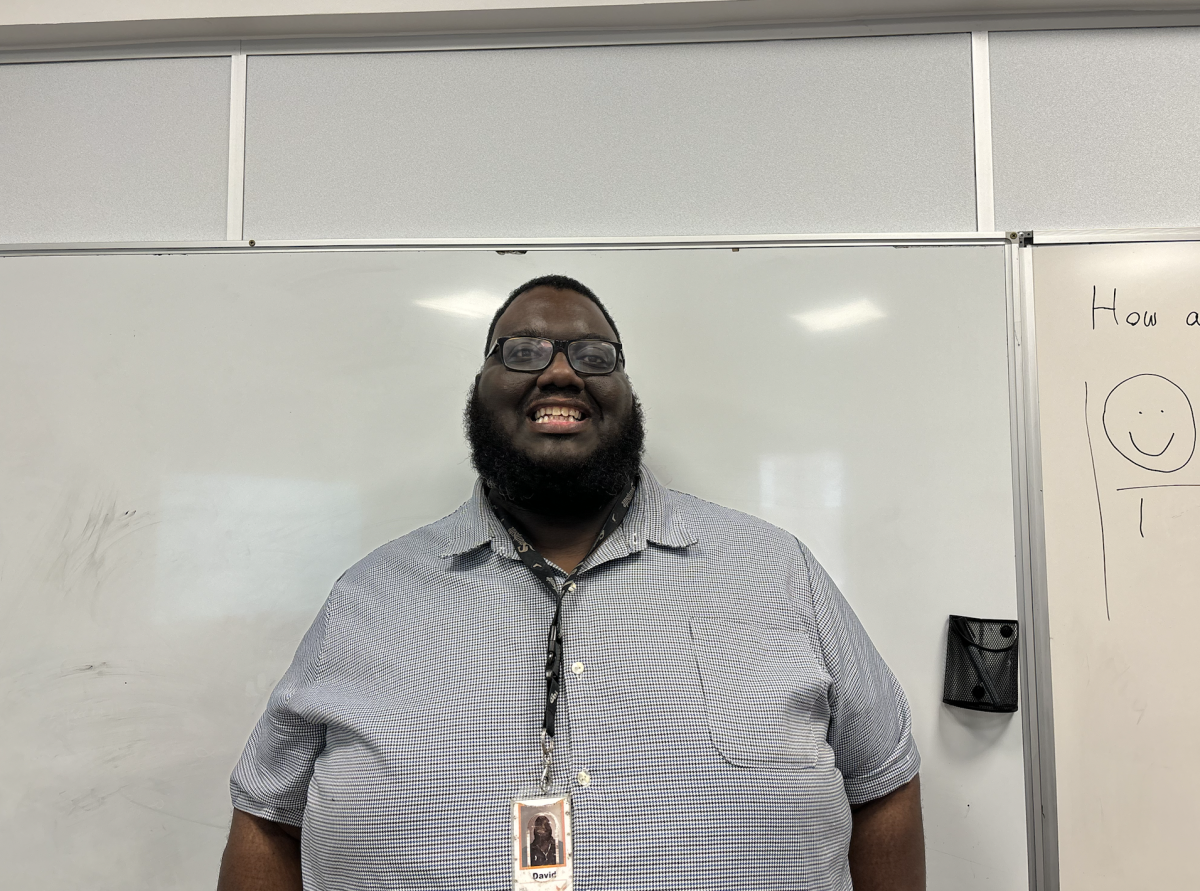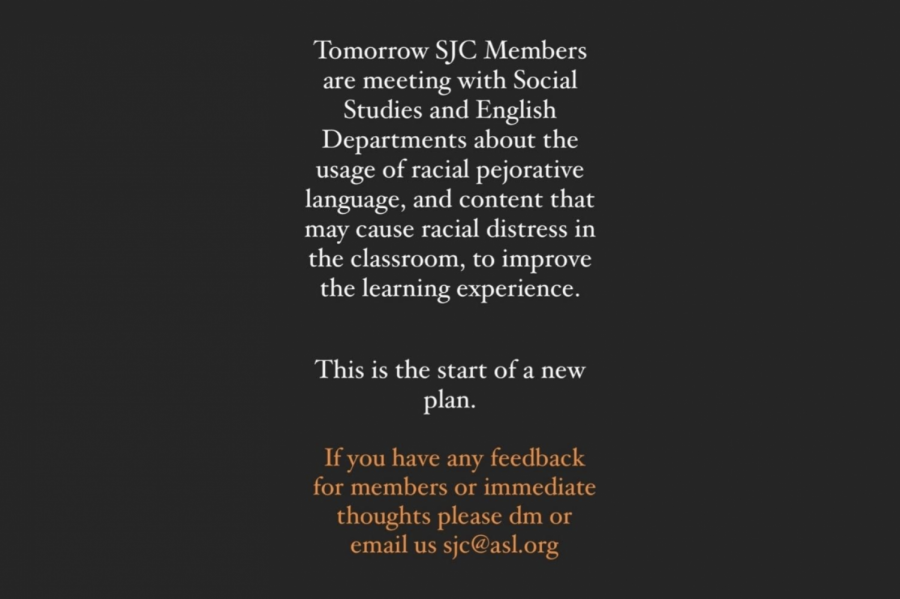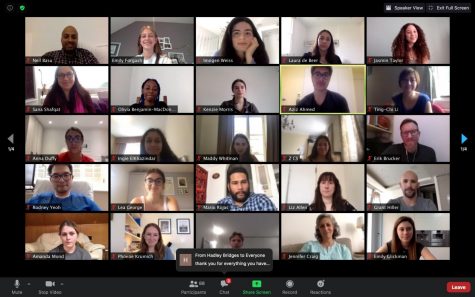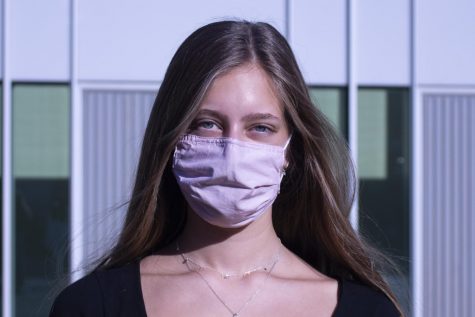As part of this year’s anti-racism theme, the English and social studies departments met with the SJC Dec. 9 to discuss how to best incorporate racially sensitive texts into their curriculums.
Alice Agostinelli (’22), an SJC member who attended the meeting, said the Open Letter that was sent out to the administration and faculty Oct. 29 catalyzed tangible change, such as the meeting with both departments.
“After the Open Letter was written and released earlier this year, a lot of departments, teachers read it, and so I know that definitely the teachers were aware of the fact that SJC and the student body in general wanted to be more involved and wanted to inspire change in our community,” she said.
In fact, English Department Head Chris Moore said the open letter motivated the discussion about racially sensitive texts because it included a section about the topic.
“When the letter mentioned that as a specific area of concern, we knew that this was really important, and so we planned the meeting,” Moore said.
Agostinelli said this meeting was a critical way for the SJC to put the words in the open letter into action.
“Part of it was highlighting the problems and I think it would’ve been unfair for us to point out these problems and to say, ‘This is what the admin can do, this is what the school should do’ without taking active steps ourselves,” she said.
Agostinelli said the discussions facilitated collaboration between teachers and students.
It was just a useful meeting to hear the teacher perspective and the student perspective, and to kind of mix those together to come up with a plan to make sure that these uncomfortable conversations are productive and impactful in the right way.
— Alice Agostinelli (’22)
“It was just a useful meeting to hear the teacher perspective and the student perspective, and to kind of mix those together to come up with a plan to make sure that these uncomfortable conversations are productive and impactful in the right way,” she said.
Similarly, Moore said the discussion was crucial for “opening up lines of dialogue and creating a sense of the landscape of this issue and throwing ideas out into the ether.”
SJC member Aziz Ahmed (’21), who also participated in the meeting, said the school lacks diversity, and thus has “students who might feel marginalized in a classroom.” He said the conversation was necessary to better the classroom experience for those in the minority.
“It’s really important to have these discussions and make sure that the teachers are educated about the certain lack of diversity at ASL and how they can improve that in the classroom,” he said.
Similarly, Moore said oftentimes when discussing racially charged texts, students of color can feel uncomfortable and vulnerable, and he hopes the meeting with the SJC will provide the English and social studies departments with the tools to ameliorate this issue.
Before we start reading a text in class, we should have lessons where people get to learn the context of the book so that they have a better appreciation for what they’re going into when they’re reading.
— Aziz Ahmed ('21)
“We hope that we will develop practices that will, one, allow those students to feel able to be their whole selves and participate in the discussion,” he said. “Two, I think that we would look to create practices that allow the sorts of real conversations that need to happen around issues of race and racism to happen in classes because we acknowledge that those are difficult conversations to navigate sometimes.”
To facilitate productive conversations in the meeting, Moore said teachers and students broke off into groups to create a safer environment conducive to the topics being discussed.
Agostinelli said this format was productive because “everyone got to share, everyone got the same amount of time to share, and we had the opportunity of asking questions.”
“It was balanced and it got us all to be actively engaged in the conversation,” she said.
Specifically, Moore said certain topics of conversations included dynamics within classes and making clear the point of studying these types of texts.
“We talked about providing context before the reading,” he said. “We talked about being clear about why we’re using particular texts for particular purposes.”
Similarly, Ahmed said his group discussed the importance of giving background information to students before reading problematic texts.
“Before we start reading a text in class, we should have lessons where people get to learn the context of the book so that they have a better appreciation for what they’re going into when they’re reading,” he said.
With this context, Ahmed said he hopes discussions about the text will be more productive.
“Everyone can relate to that text if they actually have a deep understanding of where it’s coming from,” he said.
In the future, Moore said the departments plan to continue working to support students regarding the use of these texts in English and social studies classes.
“Over next semester, we’re going to be looking for opportunities to continue to have conversations within the department with SJC to learn more, and then, you know for the next couple of months as a department, come up with a series of practices so that we can better support students before, during and after the use of these kinds of texts,” he said.
Moore said he is glad the SJC agreed to be a part of the English and social studies departments’ journey toward improving their use of sensitive texts.
“I am just really, really grateful for the members of the SJC who were willing to spend their time with us and share their experiences,” he said.










Peggy Elhadj • Dec 15, 2020 at 7:41 pm
Great article Emily!